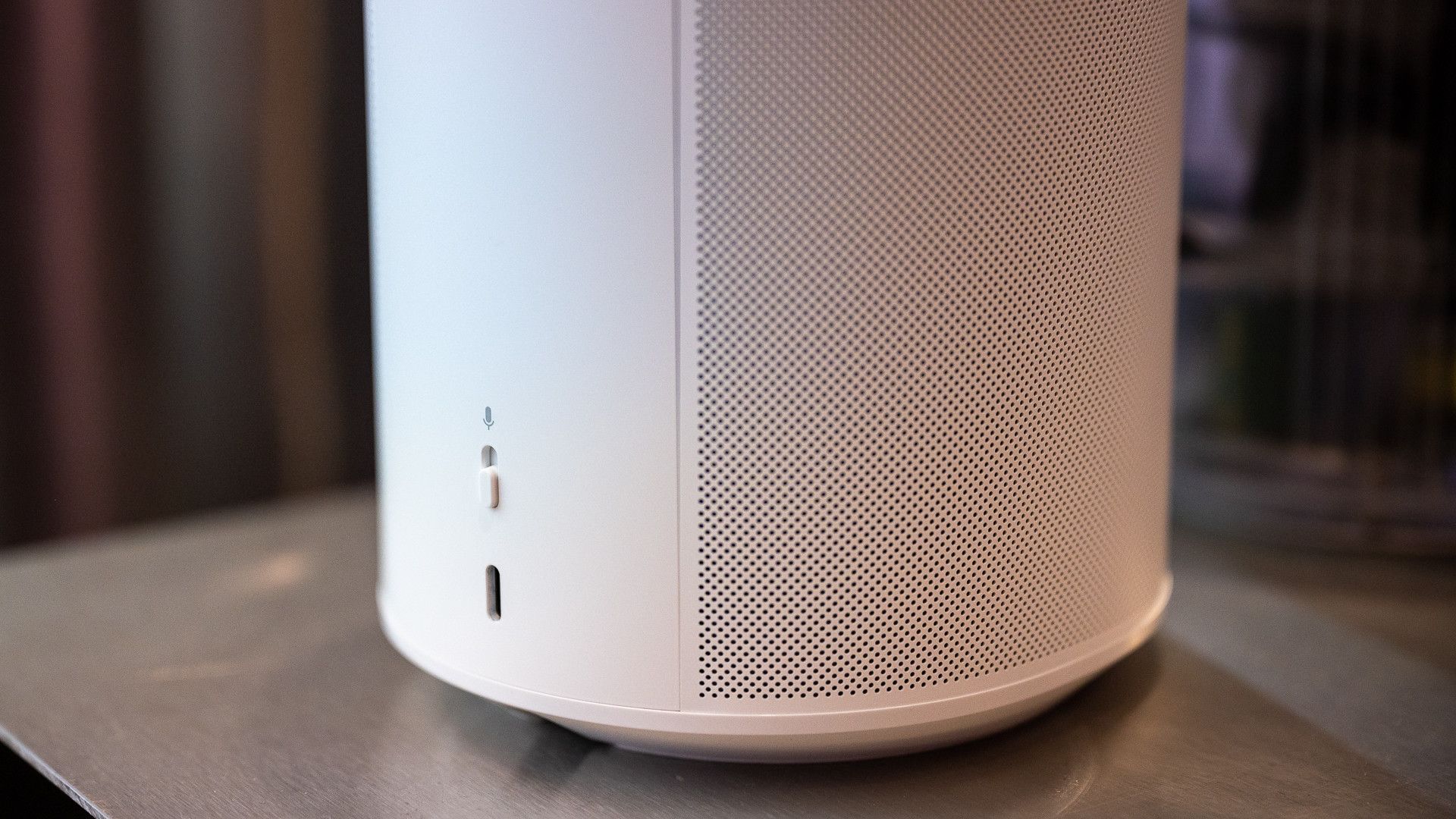Quick Links
Key Takeaways
Microphone jammers work by emitting ultrasonic sound that interrupts the functioning of microphones, rendering them incapable of recording. A prototype developed by a University of Chicago team shows an omnidirectional audio jammer worn on the wrist that jams mics from all angles. Despite being commercially available, the legality of using such devices varies by region. These jammers respond to growing concerns about privacy amid a proliferation of ever-listening smart devices.
Audio jammers, sometimes called "microphone jammers" are interesting gadgets that promise to prevent mics in your vicinity from recording sound. This may feel like something from a Bond novel or comic book advert, but the existence of jammers is no joke.
How Do Microphone Jammers Work?
Microphone jammers work by interfering with how microphones work. A microphone converts sound waves into electronic signals, which can then be played back later through a loudspeaker, which does the opposite. Jammers emit ultrasonic sound, which is above the normal hearing range of human beings. However, while you can't hear these sounds, they still have an effect on things. In the case of microphones, high-energy ultrasonic waves can force typical microphones found in devices like smart speakers to "leak" that audio into the audible range.
In a research paper by a University of Chicago team, a wrist-worn omnidirectional audio jammer is shown to prevent any mics from operating around the person wearing it.
The prototype shown here is notable because it's designed to jam microphones in all directions, where usually these jammers are directional, but in either case the principle is the same. Pump ultrasonic noise at a mic, and it can't record voices.
Why Jam Mics Around You?
Think about how many microphones are around you at this very moment. Your smartphone, smart speakers, maybe even your TV all have microphones that are always listening. While the companies that make these devices may have strong privacy policies on paper, that doesn't change the physical fact of internet-connected microphones saturating our environments. While there may be a mute button on your smart speaker, or a power button on your phone, even that's no guarantee that the mics are actually switched off, and that's before we factor in malicious actors such as hackers.
Of course, the mere fact that there are mics everywhere isn't sufficient to explain why you might want to jam them. Often discussions about privacy end up at a point where regular folks feel that if they have nothing to hide, it doesn't really matter. Sure, there are people in politics or business who have genuinely sensitive information that warrant this sort of technology, but why should anyone else care?
The answer is personal and complicated, but there is something to be said for the principle of privacy being maintained. If nothing else, take the time to think about who might be listening, what's what's being said, and how someone could use that information to exploit you somehow. Even if you don't realize it.
Can You Buy a Microphone Jammer?
If you visit a site like Amazon or any number of sites selling "spy" gadgets or other technological trinkets, you'll run across devices with various names such as "recording jammer", "audio jammer" and so on. In principle they're all the same and will mention something about ultrasonic sound in the product description.
While not are as omnidirectional as the prototype we mentioned above, you'll see claims of shielding angles around 300-degrees. While we won't go as far as recommending any particular model, at least if you decide to buy a device like this, it's easy to test. If your smart speakers stop working with the gizmo turned on or your phone recordings are a garbled mess, you can be reasonable confident they work. However, your mileage will most likely vary.
Before you mash that buy button, there is the (not insignificant) issue of legality. After all, you can buy car modifications online that are illegal where you live, and the same is true for some types of personal devices. There's no blanket statement we can make here, but before you think about using a mic jammer, it's a good idea to look over local laws that govern interference with recording or broadcast devices.
Depending on how your local laws are worded, they could cover interference with recording devices using ultrasonic sound, or they may be limited to other types of technology such as radio waves, but ultimately you're responsible for complying with your specific local laws and regulations.


